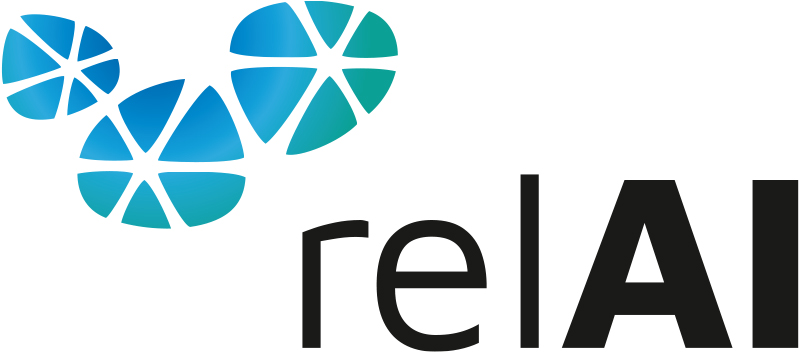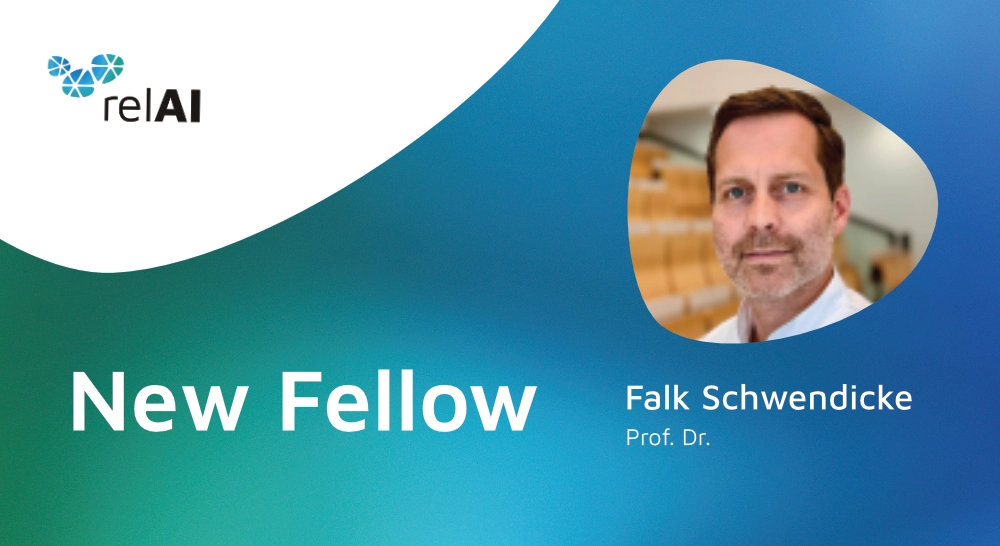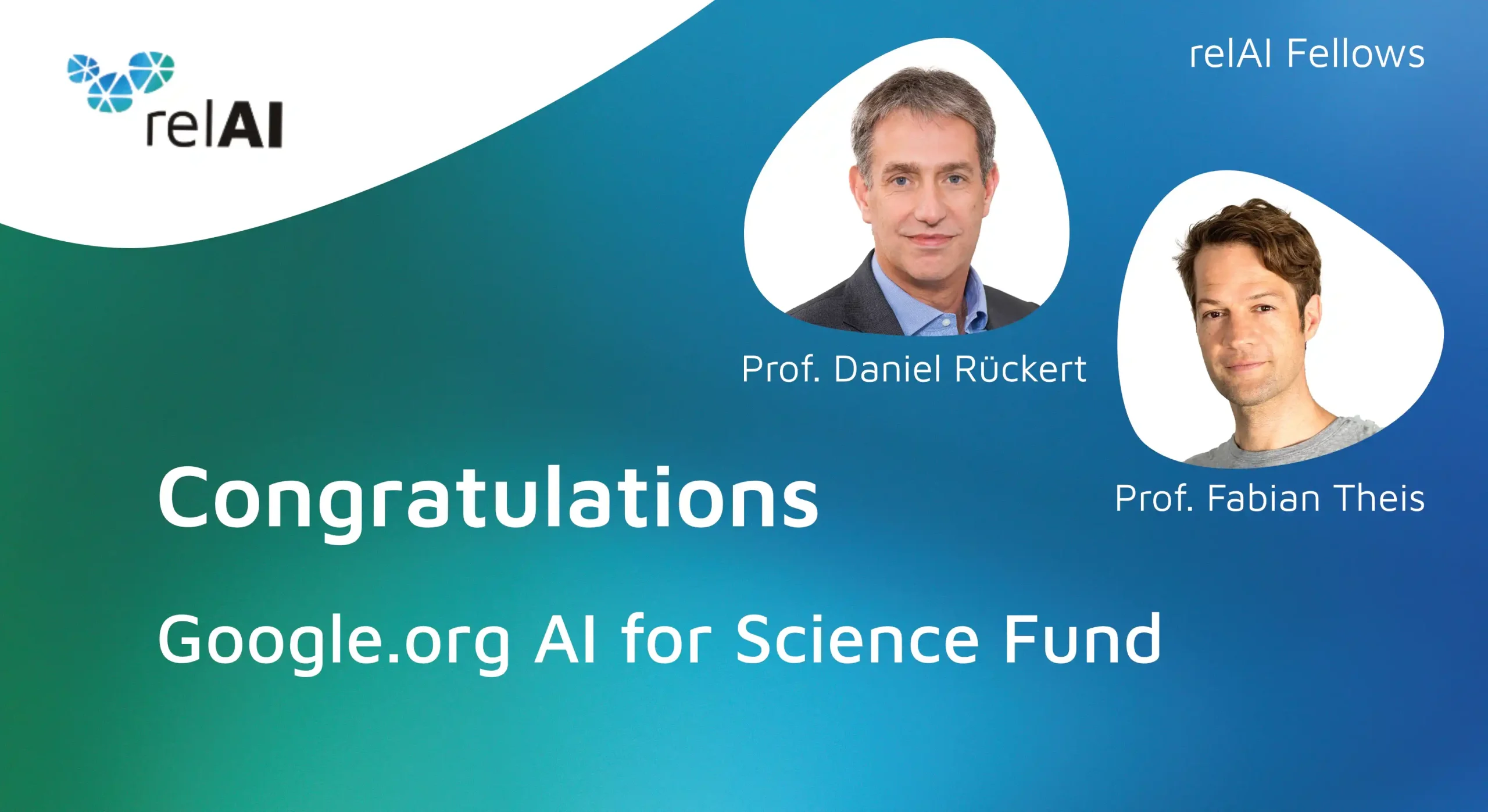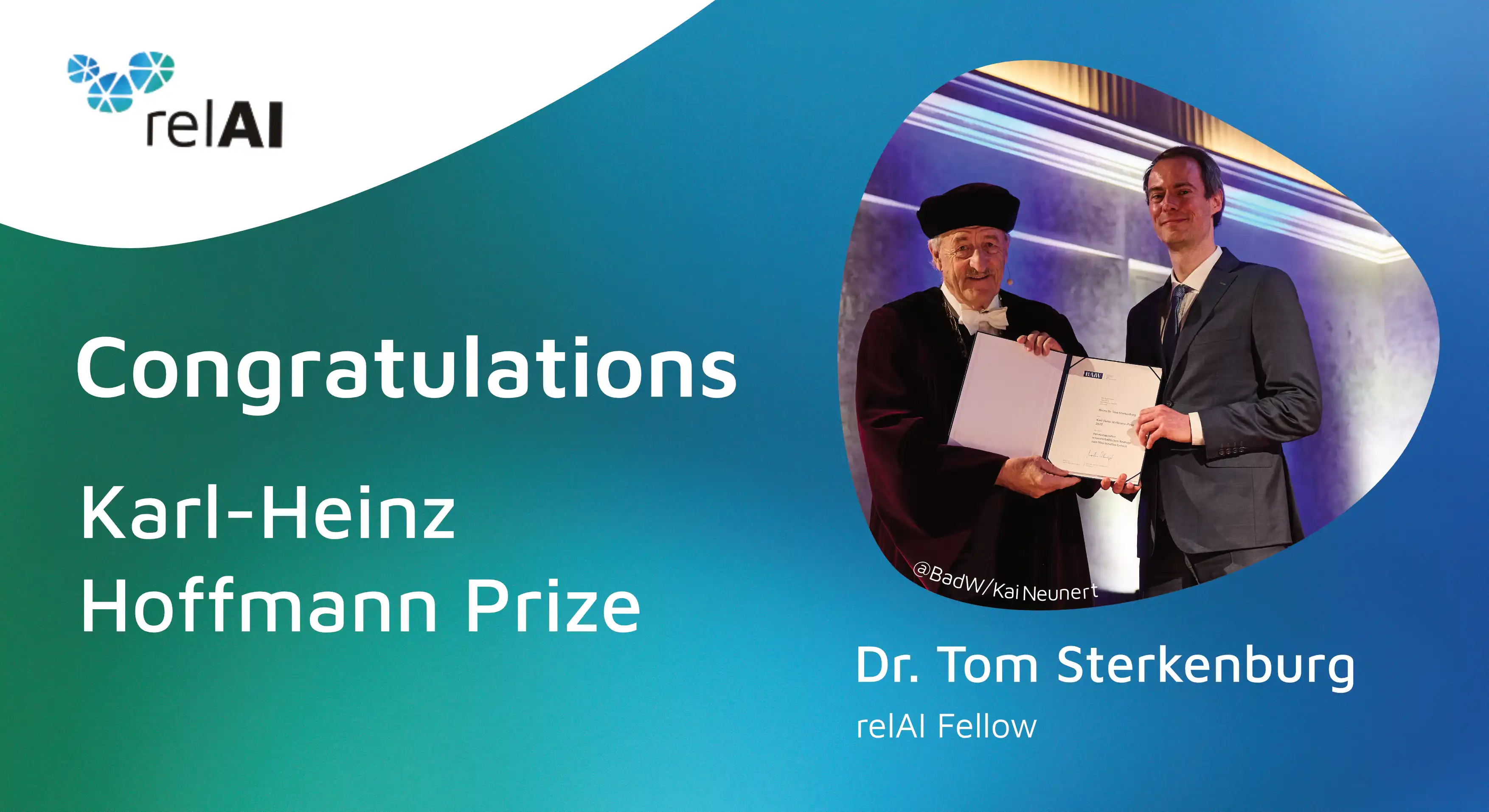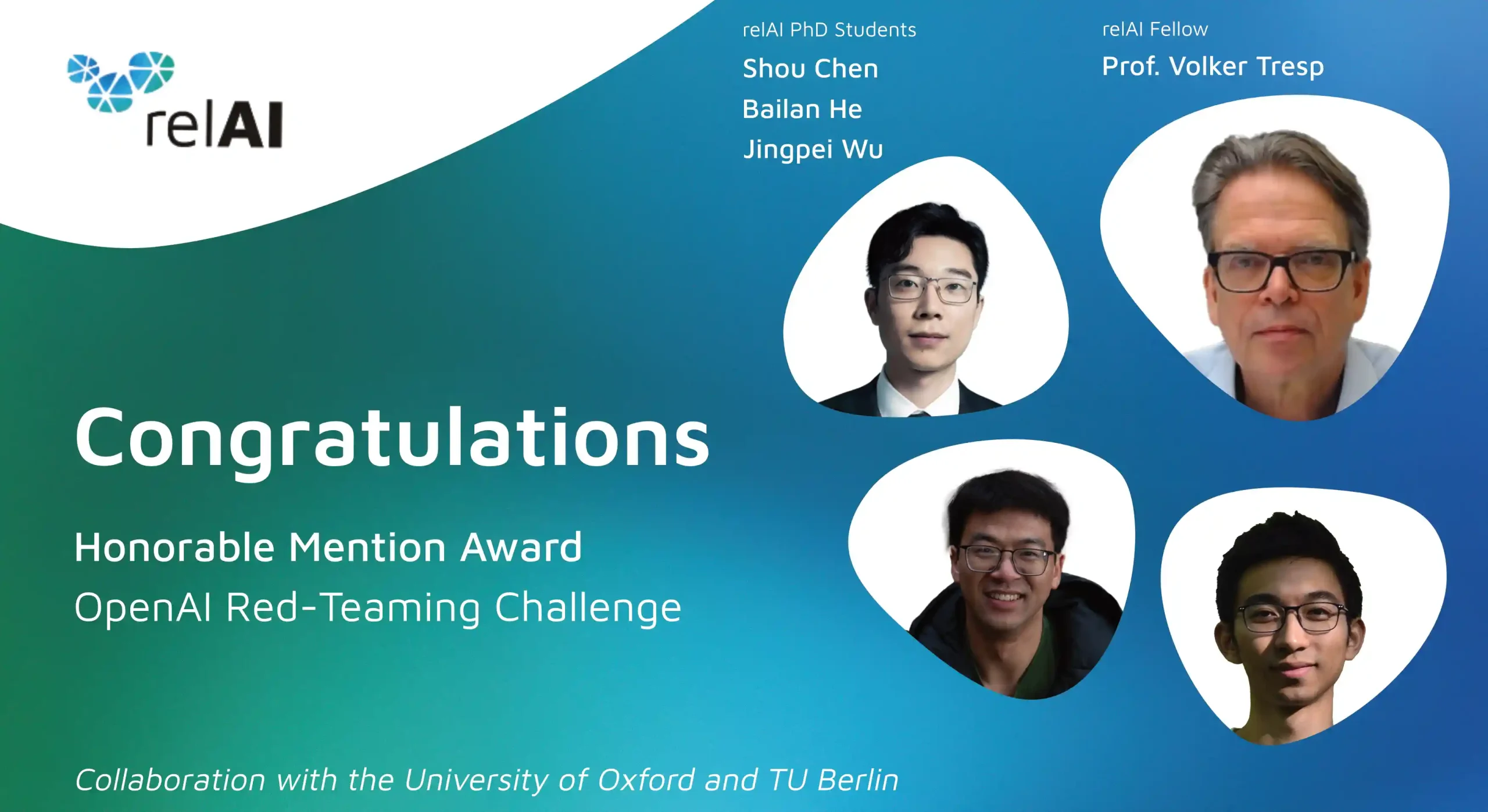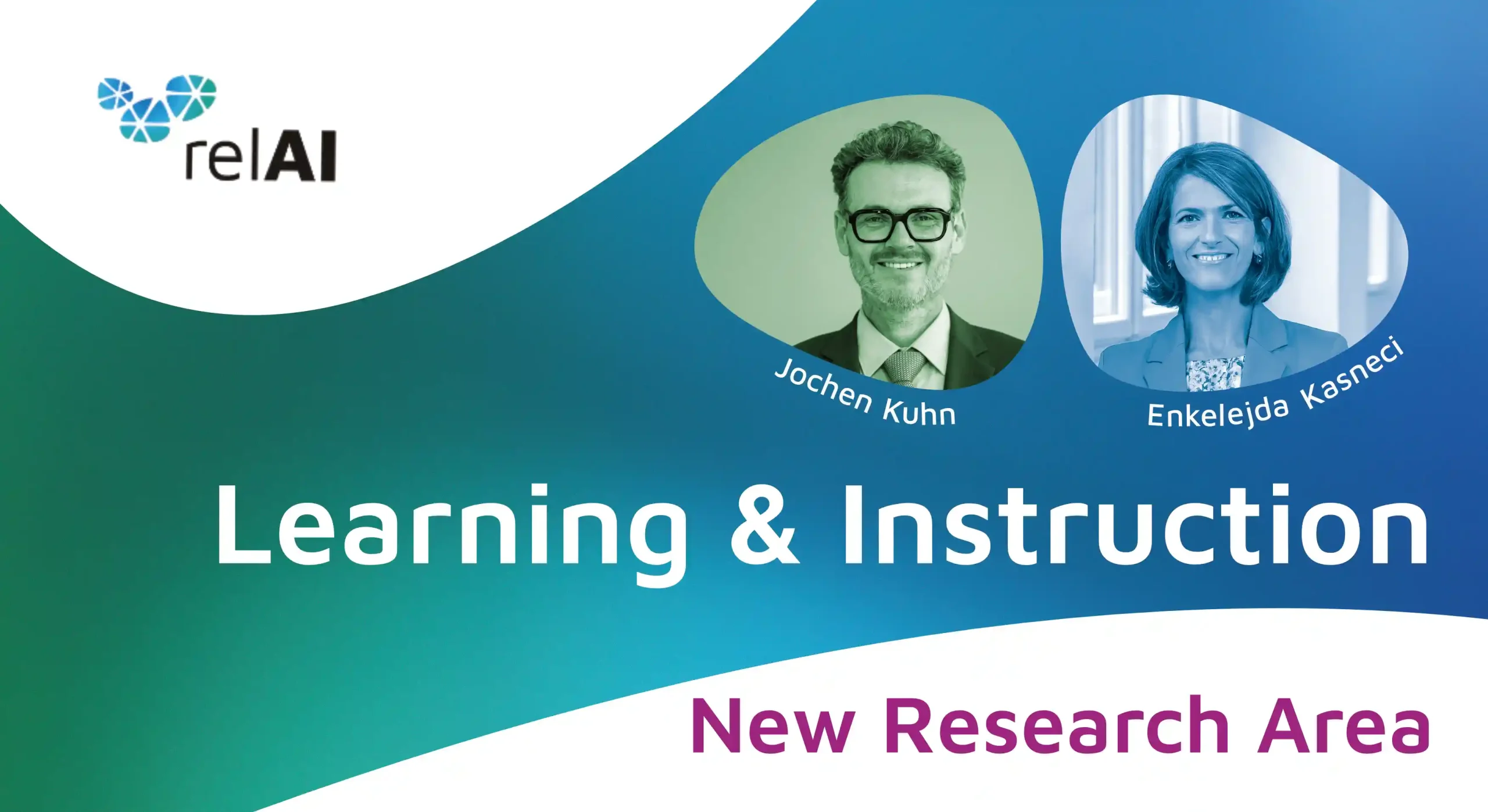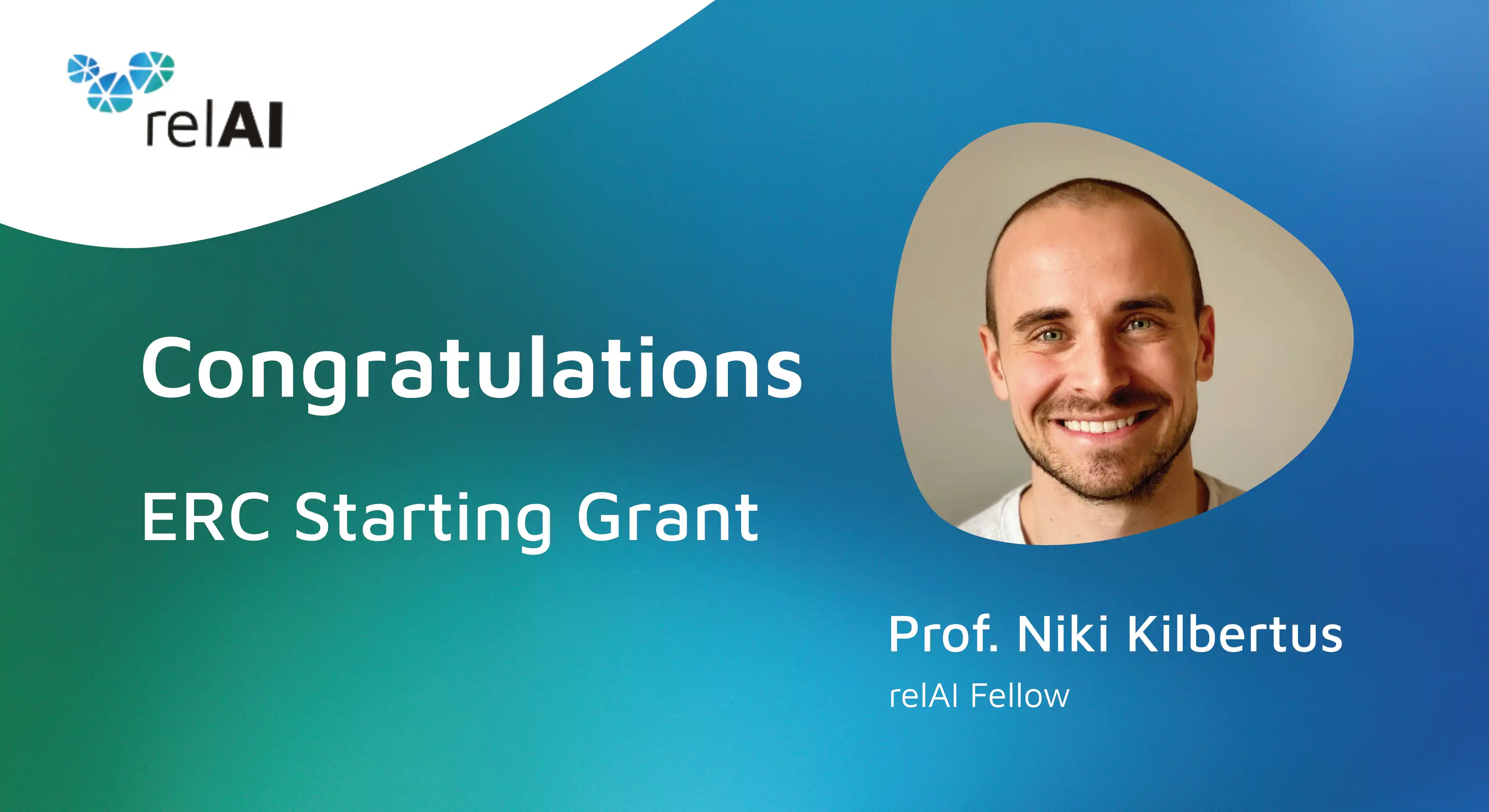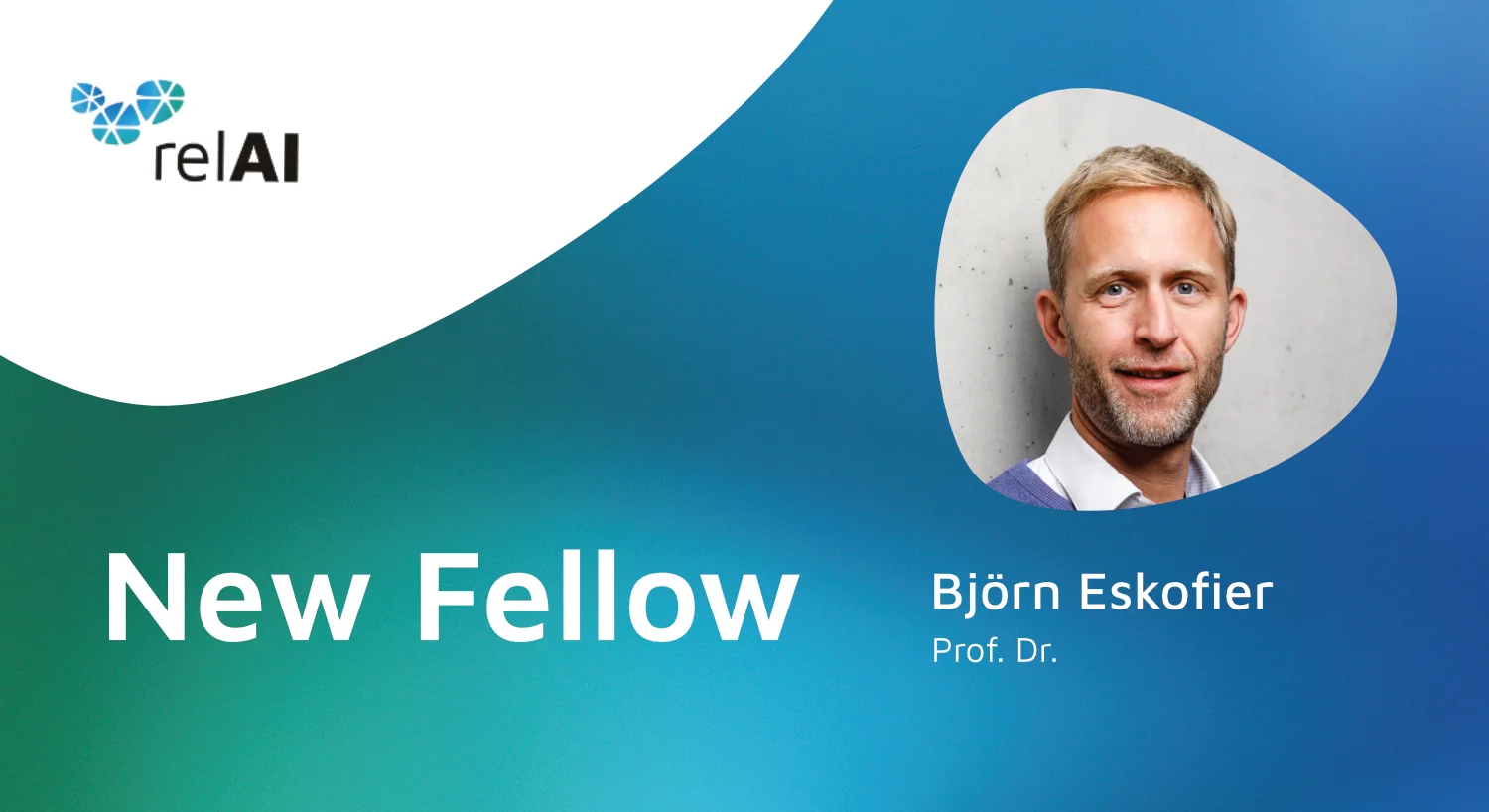
👋 relAI warmly welcomes our new Fellow, Björn Eskofier. He has recently joined LMU, focusing on AI-supported therapy decisions. Previously, he held the Chair of Machine Learning and Data Analytics at Friedrich-Alexander University Erlangen-Nuremberg. His research aligns with the central themes of relAI, namely safety, security, privacy, and responsibility within the Medicine and Healthcare relAI research area 🩺.
As a relAI Fellow, he will contribute to the relAI Curriculum through lectures, mentoring, supporting relAI students, and participating in relAI events.
